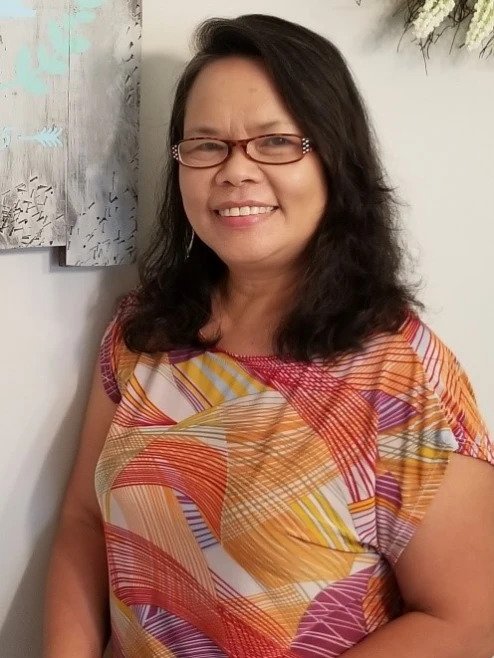Changing paradigms - a step towards transformation
Changing paradigms of dependence and powerlessness to a paradigm of hope and belief in our dreams is the theme of next week's Board Meeting and Project Planning of Transformed Communities International (TCI) - Uganda which will run for three days in Kiburara, Ibanda District, Western Uganda. The meeting will also be attended by TCI President & Executive Director Eda Michaud.
A recent assessment facilitated by TCI-US together with the local leaders of the Covenant Global Ministries showed that one of the major obstacles to development is the unhelpful paradigm of dependence and resignation - "we are poor and there's nothing we can do" mentality.
"There is something we can do, and we should do something about our people's difficult situation," was what Pastor Moses, TCI-Uganda's Chairman of the Board told the local assessment team in July.
What Is Paradigm Shift?
The concept ‘Paradigm shift’ dates back to 1962 when Thomas Kuhn, a well-known physicist, philosopher and historian of science, introduced the now-widespread term to countless settings. Paradigm shift means an important change in the way of thinking that leads to a change in the way of doing things. The same way that Khun puts paradigm shift in the field of science, it is the same paradigm shift that works in real, day to day life of groups and communities we help. Paradigm shift calls one to change the way he or she thinks and do things. When applied to poverty allevation, paradigm shift brings a sustained surge of hope and inspiration to the poor and needy that propels him or her to change the way they look at their ‘lack’ of many things into ‘haves and can do’ thinking. Such thinking provides an unexplained energy that inspires one experiencing a paradigm shift to change the way they do things. For a purpose. Yes, such change in thinking is always inspired by a purpose. A purpose for a better tomorrow. For a better future. Towards a personal mission and goals that come with the positive change in perspective. This is the paradigm shift I started in Western Uganda in October which now has more than 140 people benefiting and asking for more paradigm shift training and activities.
Very much tailored from the book ‘Seven Habits of Highly Effective People’ by Stephen Covey, the training normally runs for four days at 8 hours of sessions per day with eight modules that must be taken in the order listed below. No participants are allowed to join unless he or she begins with Module 1.
Module 1 – Foundations
Module 2 – My Desired Future (or Begin with the End in Mind)
Module 3 – Be Proactive
Module 4 – First Things First
Module 5 – Think Win-Win
Module 6 – Seek First to Understand Then to Be Understood
Module 7 – Synergize
Module 8 – Keeping the Goose Alive (Sharpen the Saw)
Meet Eda Michaud
Eda has extensive leadership and management experience in a broad range of relief and development initiatives throughout Asia and the Pacific. She has spent 27 years with three international relief and development organizations: Catholic Relief Services, World Concern and ZOA International. As a development worker, Eda has worked with the poor in Myanmar, Vietnam, Laos, China, Thailand, Afghanistan, North Korea and the Philippines and lived in seven of these countries.
It is due to her drive and experience that we are established as an organization!

